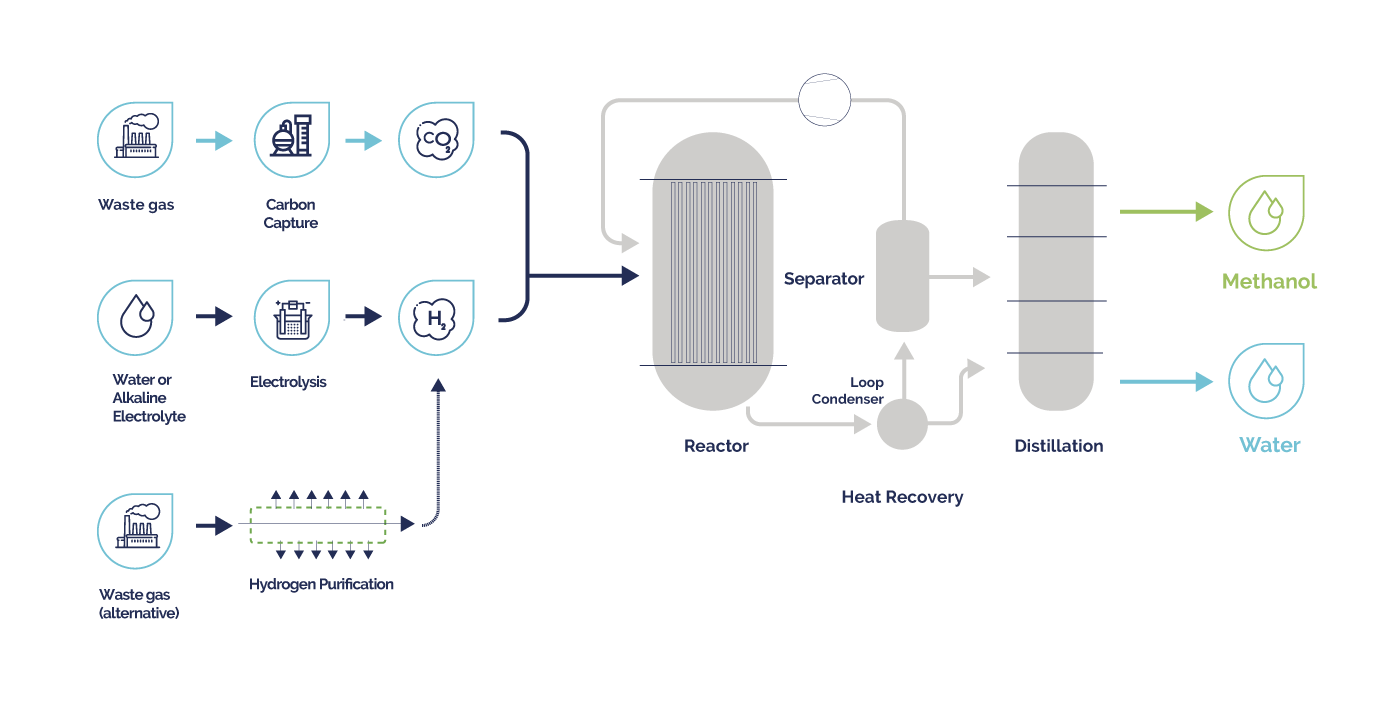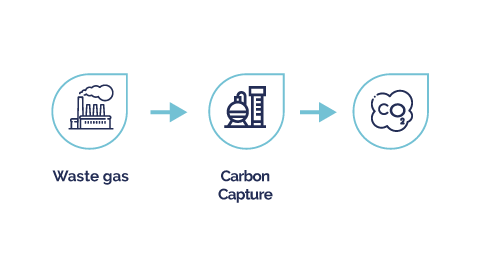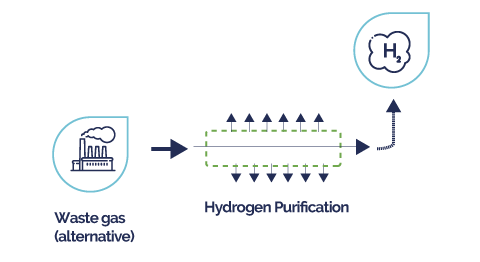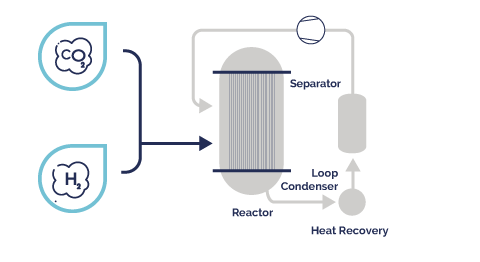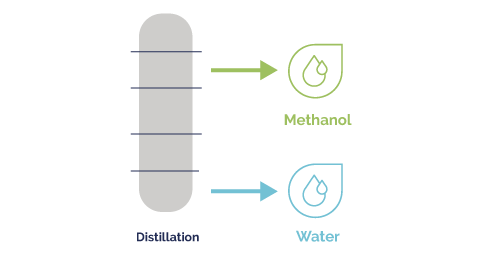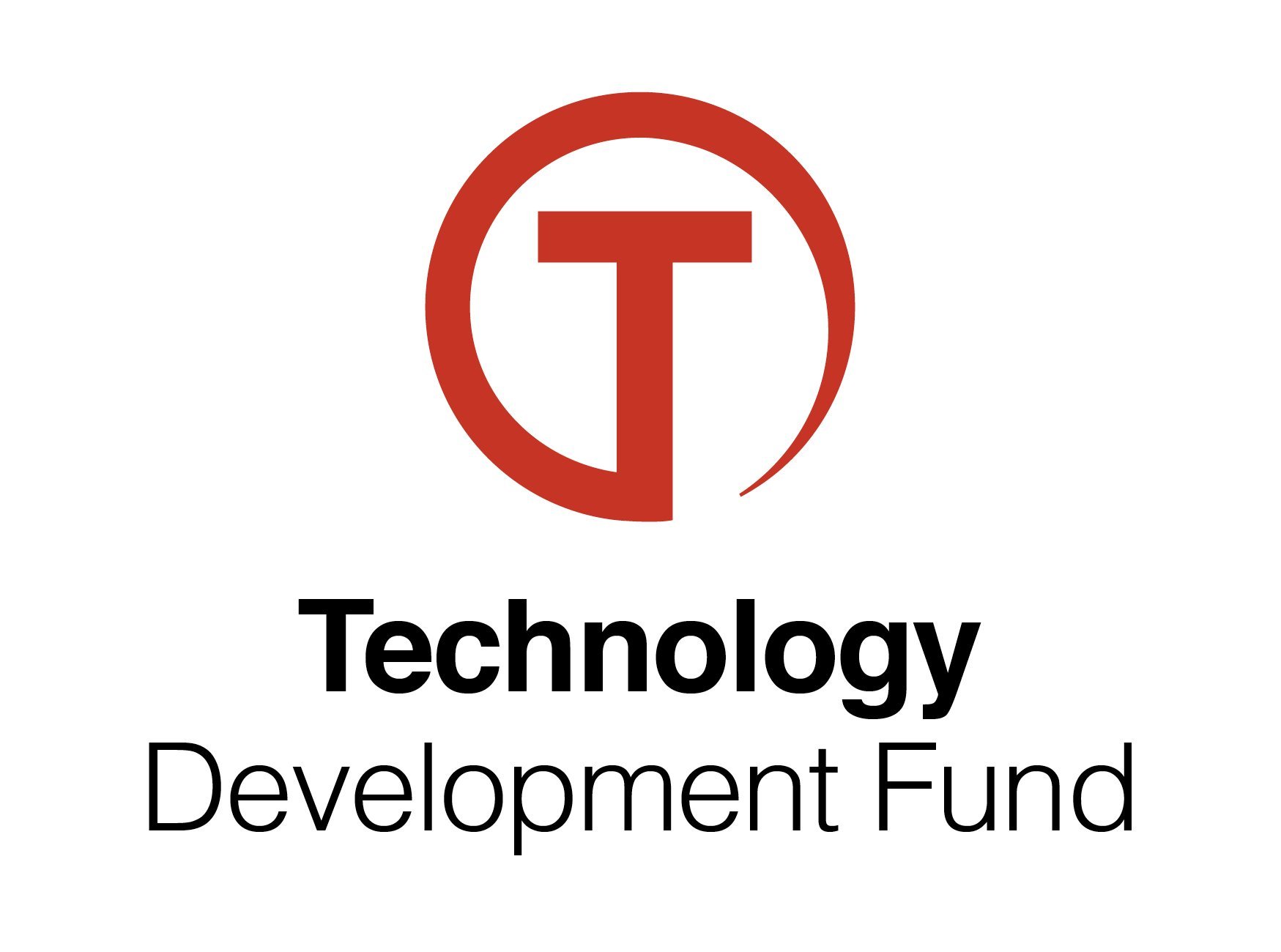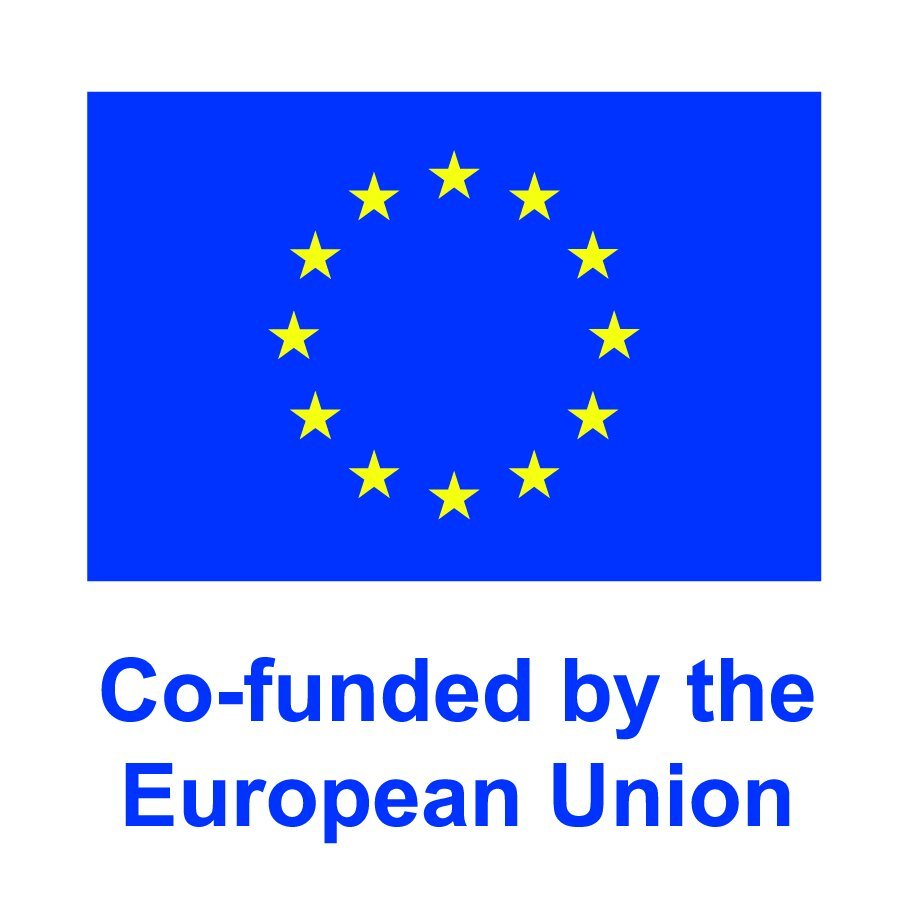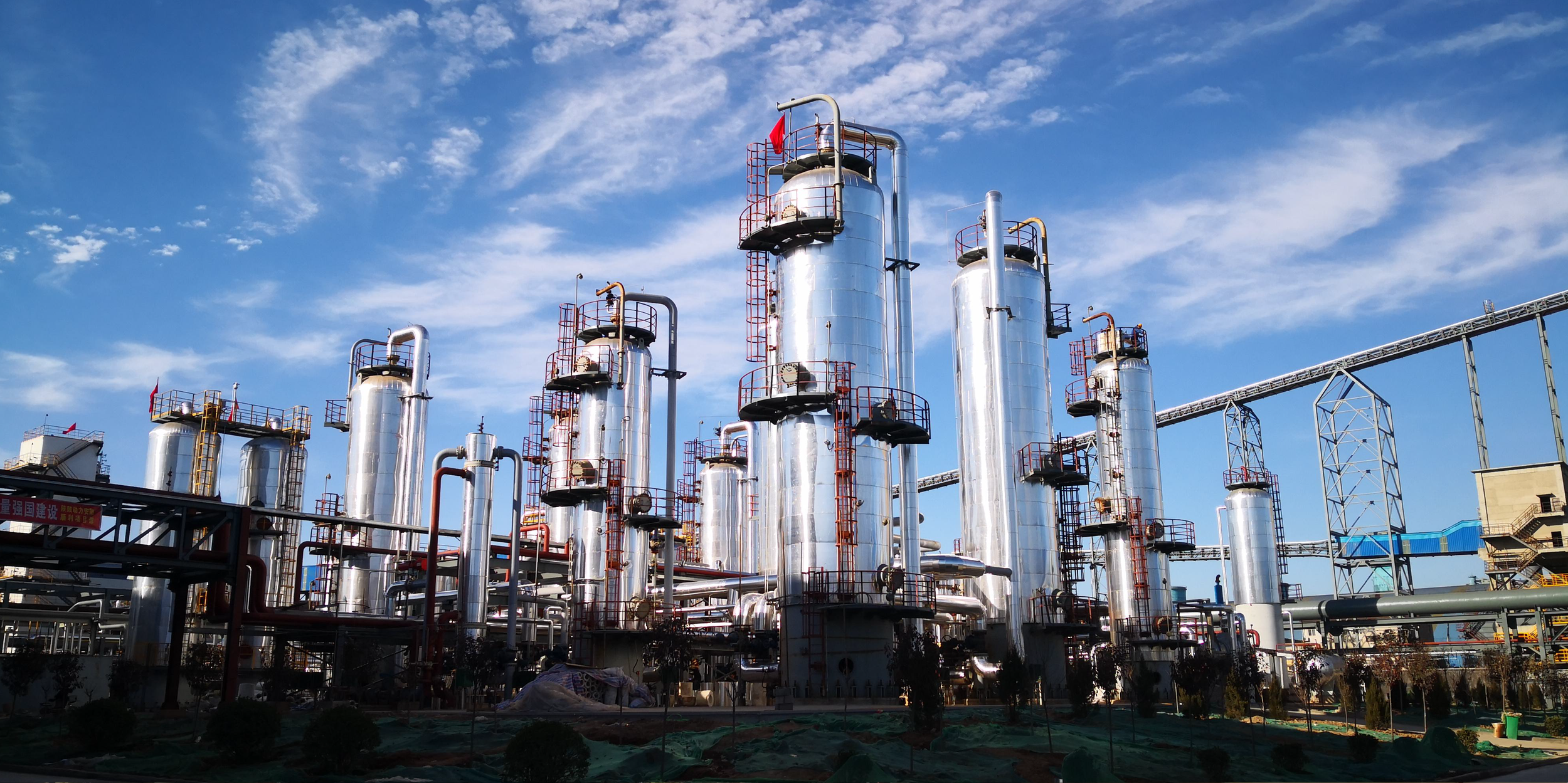
TECHNOLOGY
CARBON DIOXIDE EMISSIONS TO RENEWABLE METHANOL VALUE
CRI’s patented Emissions-to-Liquids™ (ETL) technology transforms carbon dioxide and hydrogen into
methanol, for a greener, more renewable source of energy and chemical feedstock.
ETL is the most efficient CO₂ to methanol synthesis technology available on the market.
We are the first and only company to have realised CO₂ to methanol plants at commercial scale.
-

TECHNICALLY MATURE
-

INDUSTRIAL SCALE
-

ECONOMICALLY COMPETITIVE
Beginning in 2006, CRI has gained a real head start in operations, engineering and project execution.
Our process is technically mature having spent over a decade solving the challenges of emissions capture and conversion.
In 2012 we were the first company to produce renewable methanol at an industrial scale and 2022 saw the commissioning of the world’s first 110,000 tonnes/year capacity recycled carbon methanol production plant.

CRI’s EMISSIONS-TO-LIQUIDS,
RENEWABLE METHANOL PROCESS
”ETL”
-

RENEWABLE METHANOL
(E-METHANOL)
Hydrogen produced from water electrolysis using electricity from renewable sources, combined with CO₂.
-

RECYCLED CARBON METHANOL
(LOW CARBON METHANOL)
Hydrogen from by-product or waste gas,
processed and combined with CO₂.
Our technology can help partners to produce renewable or recycled carbon methanol competitively
at market prices without any dependence on subsidies. It can be deployed at all manufacturing sites
which emit CO₂ to atmosphere with access to renewable energy through the grid.
KEY BENEFITS OF CRI’S CARBON DIOXIDE TO METHANOL PROCESS
Using CO₂ to produce green methanol can provide huge environmental benefits and there are significant technical
advantages inherent in our process, as a result of CRI’s expertise and innovations.
-

EFFICIENT CONVERSION
Precise adjustment of CO₂:H₂ without reforming equipment
Surplus streams eliminated
Low by-product formation
Reduced energy consumption
No additional CO₂ emissions
-

LOAD FOLLOWING CAPABILITY
Provides important energy storage capability to the grid
Dynamically adjusts to availability of electricity or hydrogen
High turndown and operational flexibility
Enables project viability using highly variable renewable electricity sources
-

SYSTEM SCALABILITY
No dependence on scarce natural resources
Faster times to market
Higher replicability – lower scaling costs
Single standardised reactor design
Accommodates different feedstock availability
Simple logistics, easy to install – modular skid-based equipment
Workshop fabricated ensuring process equipment quality
-

HETEROGENOUS RAW MATERIAL SOURCES
Tailorable to suit different feedstock availability and calibres: e.g. manufacturing or power generation
Deployable at all sites emitting CO₂ and/or H₂ offgas
Adaptable to different sources of CO₂ and H₂
-

SMALL ENVIRONMENTAL FOOTPRINT
Zero impact on food chain or land use
Continuous operation with reduced risk of unstable reaction conditions
Less toxic gas mixture compared to conventional syngas
Main by-products are oxygen and water.
MILESTONE ETL TECHNOLOGY DEVELOPMENT PROJECTS
CRI technology has been at the heart of the renewable methanol industry’s most transformative projects.
Each one demonstrates the technical maturity of our ETL technology and our expertise in its application.
-

GEORGE OLAH RENEWABLE METHANOL PLANT
World’s first production of fuel from CO₂ at an industrial scale in Iceland
World’s first industrial scale production of fuel from CO₂
World’s first e-fuel production to receive a recognised certification for carbon intensity
World’s first power-to-liquids facility to implement large-scale electrolysis.
Second generation reactor technology demonstrated
-

MEFCO₂ Project
CO2-to-Methanol pilot project in Germany
ETL adaptability to heterogenous CO₂ sources
ETL load-following capability for efficiency enhancement in renewable power generation.
-

THE SHUNLI CO₂-TO-METHANOL PLANT
Commercial scale production in China
First commercial scale Emissions-to-Liquids (ETL) plant
World’s largest production of fuel from CO₂
110.000 tons low-carbon intensity methanol from 150.000 tons CO₂, commissioned in 2022
CO₂ sourced from limestone and coke production facility.



